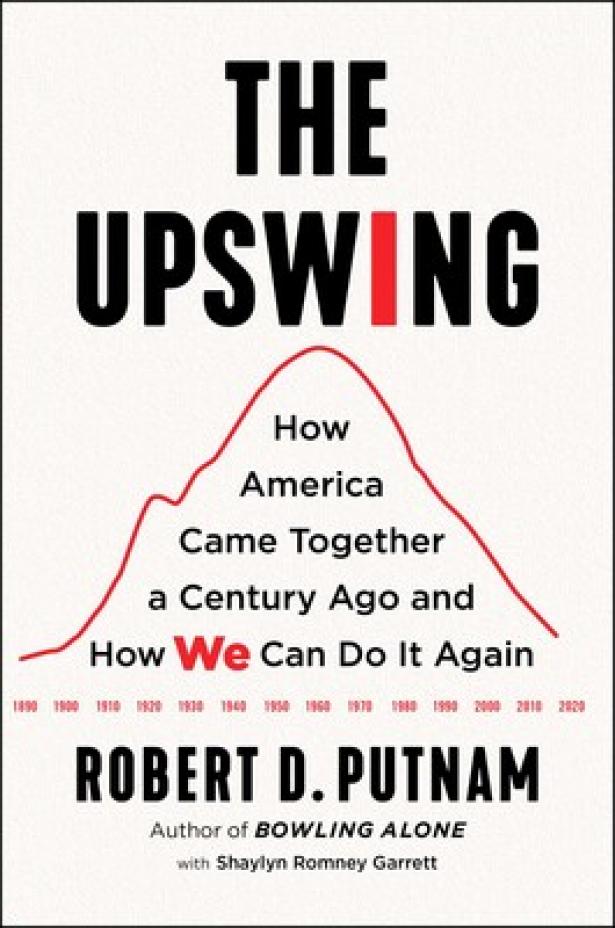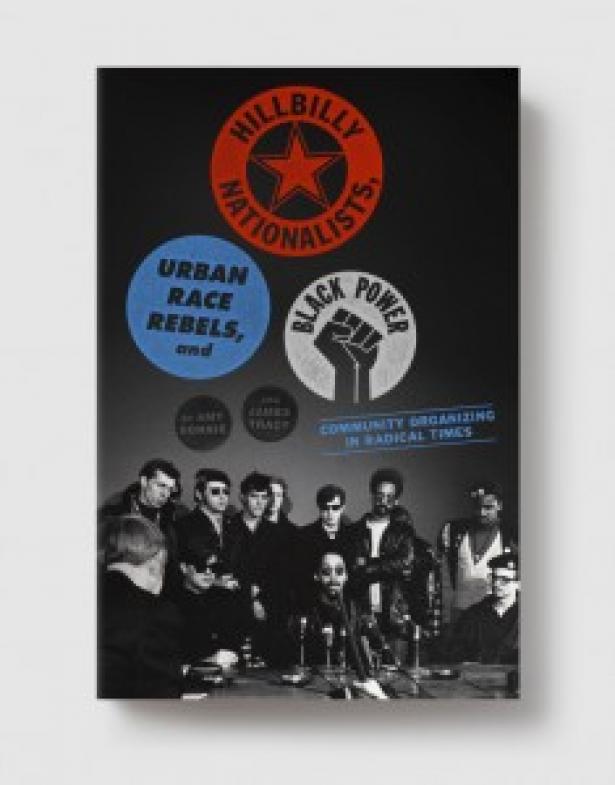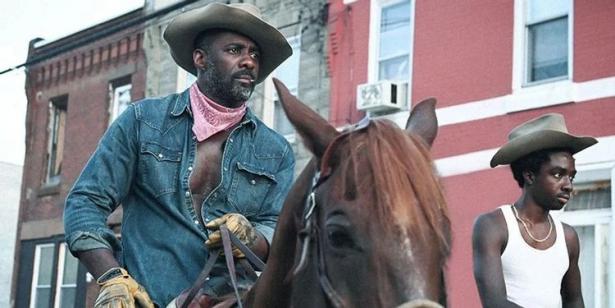In 'The Upswing,' History Holds The Keys To Moving Away From Today's Tumultuous Age
NPR

A symptom of our society's ongoing crisis is the loss of live, in person community networks and the personal and social relations founded on those networks. This book explores this problem and offers solutions.









Spread the word